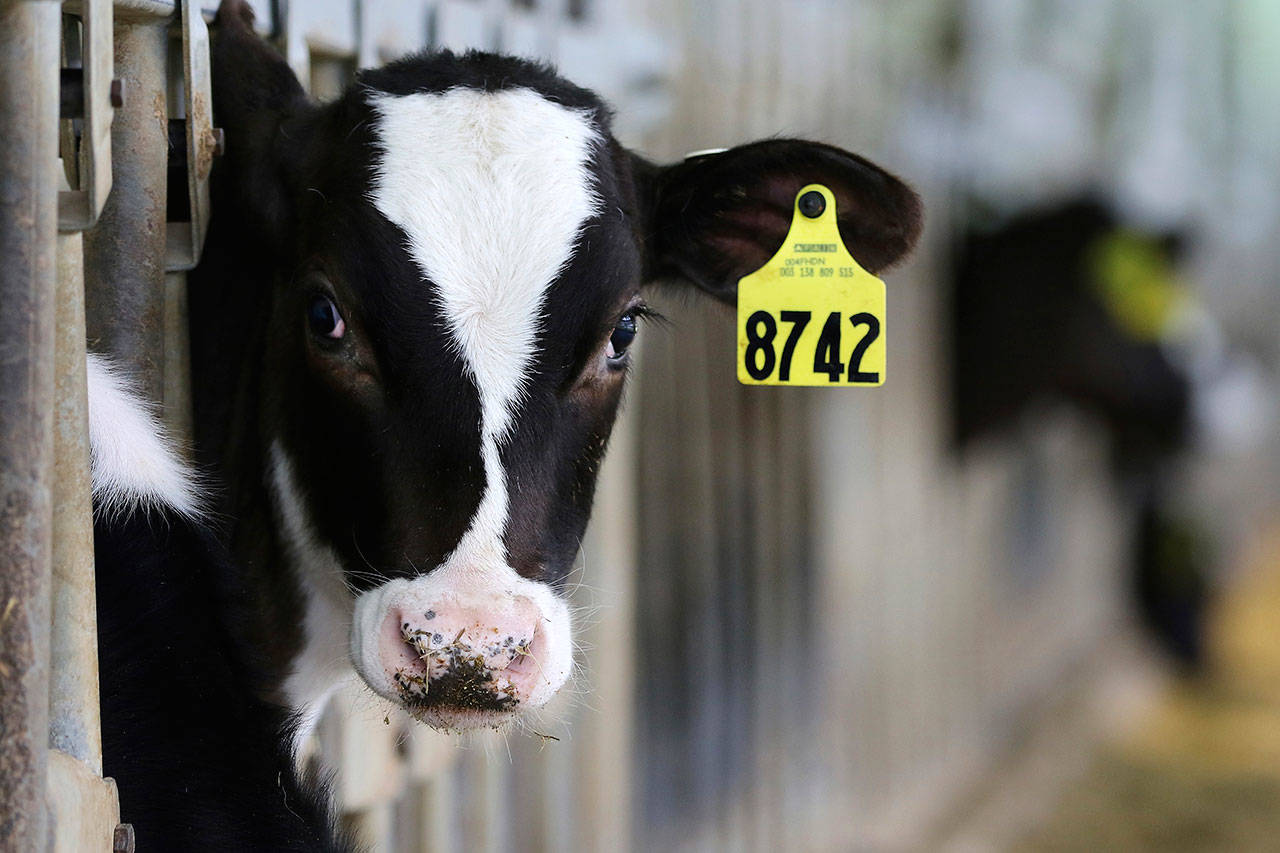By The Herald Editorial Board
As a presidential candidate, Donald Trump offered as qualification for the job his credentials as a deal-maker, announcing at the Republican National Convention, “I alone can fix it.”
His preferred method of deal-making — in the world of real estate and as president — has been using leverage and the threat to walk away from a deal to get the bargain he seeks. All well and good when it works, not so when it gambles with the livelihood and well-being of those who have little to no say in the matter and success is less than certain.
That’s the case for Washington state, its jobs and its economy, which could soon become a casualty in the trade war that Trump has launched, not just against China but other major trade partners, most of whom have been our allies and closest neighbors.
Friday’s announcement that the U.S. would impose tariffs on $50 billion in Chinese products followed the previous weekend’s feud following the Group of Seven summit in Canada, and the Trump administration’s earlier decision to move forward with tariffs on steel and aluminum against Canada, Mexico and the European Union. These were moves taken with full understanding that retaliatory tariffs were likely.
It took China a little more than an hour to announce that it would respond with trade barriers of the same scale and strength, targeting agricultural goods, autos and energy, The Washington Post reported.
Like China, Canadian Prime Minister Justin Trudeau, after finding himself the subject of belittling tweets by Trump, promised: “Canadians, we’re polite, we’re reasonable, but we also will not be pushed around.”
It’s all bluster, of course.
Until the tariffs are levied and the retaliation begins.
In Washington state, whose largest trading partner is China, the trade war will hit hard, said Lori Punke Otto, the president of the Washington Council on International Trade, the Seattle-based trade policy organization.
“The administration’s decision to impose tariffs on Chinese imports will harm key Washington state industries, including aerospace, agriculture products like apples, cherries, pears and wine, and also transportation carriers like our ports and railroads,” Punke Otto said in a release Friday.
Mexico, should it choose to retaliate, noted U.S. Sen. Maria Cantwell, D-Washington, imports 50 percent of its apples from Washington state, contributing $215 million to agricultural wages and the state’s agricultural sector.
Those exporting industries reach deep into the state’s economy. Studies by the WCIT found that 40 percent of the state’s jobs are tied in some way to international trade. The state’s two biggest trading partners in 2011 — Canada and China — accounted for $8 billion and more than $7 billion in exports, respectively, not including its most significant export: jet airliners and aerospace. China imported $16.4 billion worth of American aerospace and defense goods last year, according to the Aerospace Industries Association, the Los Angeles Times reported — a good portion of it stamped “Made in Washington State.”
There are legitimate trade issues to be raised with China, Canada and other nations. China has used its the leverage of its huge potential markets to force American corporations to accept unfair concessions regarding intellectual property. Canada has imposed significant tariffs for years on dairy products and softwood lumber. (The U.S. has imposed its own unproductive tariffs on Canadian-produced newsprint, the paper on which newspapers are printed.)
But a trade war, with which neither China nor Canada seems much impressed, puts this state’s — if not the nation’s — economy at risk, and when there are other ways to resolve the issues.
“The administration’s actions will disproportionately and negatively impact Washington workers and farmers while not creating a path forward to remedy long-standing trade challenges with China,” Otto Punke said in the release.
One opportunity to address the issues with Canada and Mexico are the on-going negotiations around the North American Free Trade Agreement. But those already difficult negotiations cannot have been improved by President Trump launching trade battles with U.S. neighbors, China and Europe, all at the same time.
If Trump, alone, can’t fix it, the casualties will be Washington state employers, workers and consumers.
Talk to us
> Give us your news tips.
> Send us a letter to the editor.
> More Herald contact information.

























